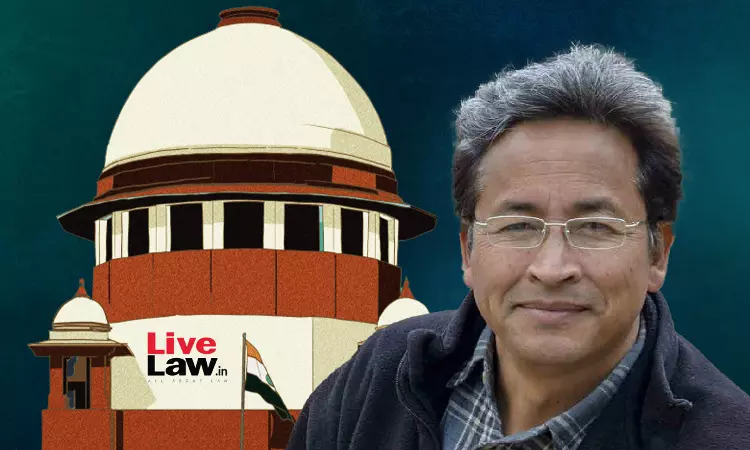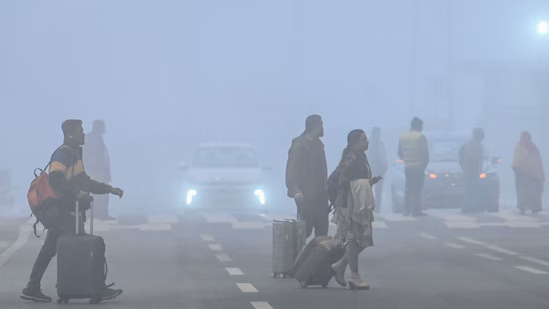“Ladakh activist Sonam Wangchuk’s detention sparks national debate as his wife, Gitanjali Angmo, moves Supreme Court for his release.”
Gitanjali Angmo, the wife of well-known Ladakh activist Sonam Wangchuk, has gone to the Supreme Court asking for his release. Wangchuk was arrested on September 26, 2025, under the National Security Act (NSA). This happened after protests in Ladakh on September 24, where people demanded statehood and protection under the Sixth Schedule of the Constitution.
The protests turned violent, and four people died while many others were hurt. Police say Wangchuk played a role in encouraging the protests and had connections with a Pakistani intelligence officer, which his family denies.
In her petition, Angmo said she has not been able to speak to her husband since his arrest and has not received a clear reason for his detention. She said no official order was given and expressed concern about his safety and health. She also said police are misusing power to stop protests and questioned whether the NSA should be used in this case.
Sonam Wangchuk is known for his work in education and protecting the environment. He has led hunger strikes and protests to support Ladakh’s statehood and to stop harm to the region’s nature. His arrest has caused concern about civil rights and how strict laws are used against activists.
Many human rights groups and legal experts are following the case. They worry this could set a bad example for how peaceful protests are treated in India. Supporters have started petitions asking for his release.
The Supreme Court will hear the case after the Dussehra break, on October 6, 2025. People across India are watching closely to see if Wangchuk will be released. This case is important for the future of protests, freedom, and rights in the country.
The case of Sonam Wangchuk’s detention has become a key moment in India’s debate on civil rights and freedom of protest. His wife, Gitanjali Angmo’s move to the Supreme Court highlights concerns about the use of the National Security Act and the rights of activists. As the court prepares to hear the matter, the outcome will have wide-reaching implications for democracy, justice, and the future of peaceful activism in India. The nation watches closely, awaiting a decision that could define the balance between national security and individual freedoms.
FOR MORE BLOGS – beyondthepunchlines.com

 Add to favorites
Add to favorites








